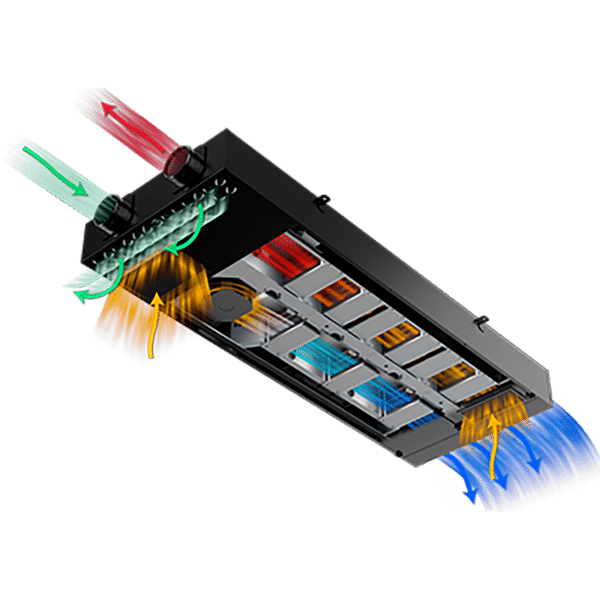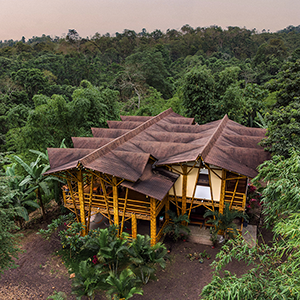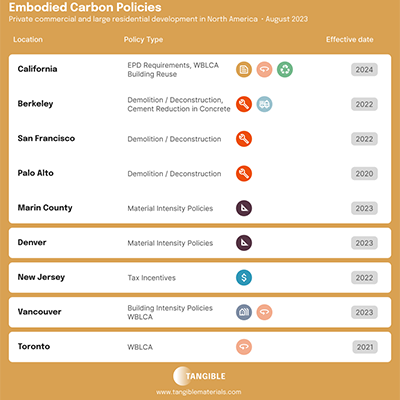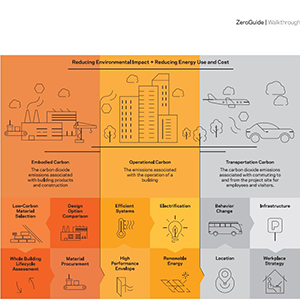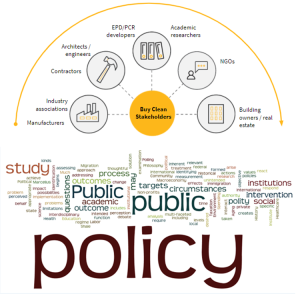Building Beloved Community While Working to Decarbonize Buildings
by Mark Jones with Andrew Himes
The Central District is an historically Black neighborhood in Seattle. Its proximity to downtown Seattle, its affordable homes and tree-lined streets have made it an attractive target for gentrification. As in similar neighborhoods in other cities, property values and taxes have risen, real estate investors and other purchasers have moved in and Black residents have been forced out. Increased demand drives a hot real estate market, but a formerly thriving community can be confronted with existential challenges.
Enter The Nehemiah Initiative in Seattle, Washington, a church-led, community-based partnership designed to preserve and revitalize the Central District through the development of the significant real estate assets of historically Black churches. The initiative seeks to develop affordable mixed-use projects to meet community needs and desires with the goal of retaining, bringing back, and attracting new residents and tenants.
The Nehemiah Initiative was founded and is led by Bishop Garry Tyson, pastor at the Goodwill Baptist Church, and President of the General Baptist Convention Northwest. Bishop Tyson has been joined by six additional Black church leaders and their congregations. The Initiative will include several projects to develop church properties as an overall strategy for the Central District, creating integrated projects that feature affordable housing and commercial spaces, renewal and retrofitting for existing church buildings, and common spaces to support a thriving and revitalized community.
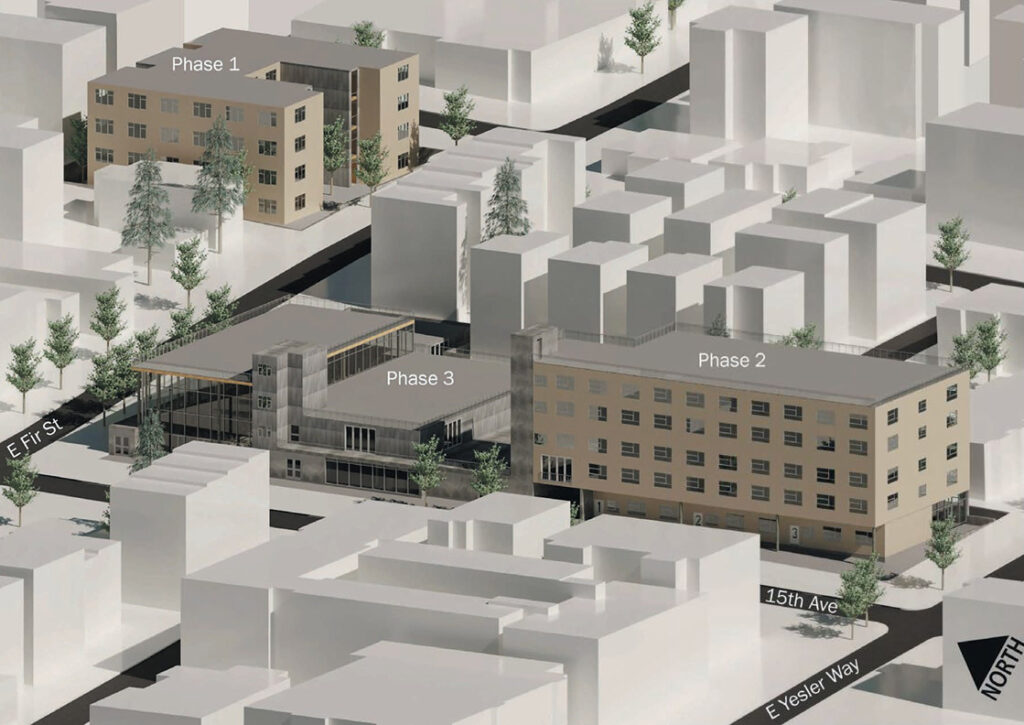
Site development plan for Goodwill Missionary Baptist Church
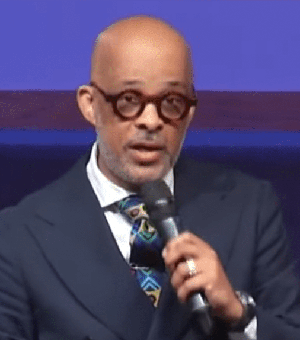
Bishop Garry Tyson, pastor of the Goodwill Baptist Church, Seattle, WA, and President of the General Baptist Convention Northwest
Bishop Garry Tyson: “The theme that inspires the Nehemiah Initiative, that holds it all together, is our vision of the Beloved Community. Dr. Martin Luther King, Jr. imagined the Beloved Community as a world in which people shared wealth and resources, refused to tolerate poverty, hunger or homelessness, and replaced racial discrimination, bigotry and prejudice with an inclusive spirit of sisterhood and brotherhood.”
“Decarbonizing buildings is integral to the Nehemiah Initiative’s vision of re-imagined, community-focused development,” said Professor King. “Environmental degradation hits Black communities first, harder and for a longer time. Black communities have less economic and political power and lack the benefits of equity and social justice. Without societal protections, these communities are most likely to be harmed by the negative impacts of carbon on climate change, pollution of residential neighborhoods, workplaces and resulting higher costs for utilities and health care.”
“The Nehemiah Initiative incorporates significant efforts to expand social, political, financial and environmental justice through empowering members of underused and excluded communities of color in development of property,” said King. “We are dedicated to self-empowerment and building for us, by us. We recognize that there are talents and professional experience of members in our Black community to successfully perform the task of property development.”
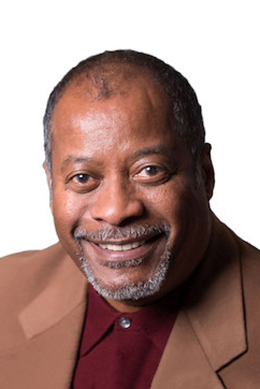
Donald King, Affiliate Professor, Architecture Department, College of Built Environments, University of Washington
Donald King: “We are aware that if not for racial bias and structural inequality, many of our community’s planners, designers, financiers, real estate and construction businesses would have had many more opportunities for participation in the wealth-building in their own neighborhoods. Without supporting consistent and sustained opportunities for Black property development professionals, equity and a positive change in bias is not possible. The Nehemiah Initiative is absolutely dedicated to providing those opportunities.”
“We have to change how we understand the relationship of the church to the community,” said Bishop Tyson. “In the past, we may have thought that the church is in the community and of the community, that we draw our strength from the community. Now, however, we have to see that the church is in the community to serve the community. This means that we use all of our resources, including the real estate properties owned by our church, to help people in our community to thrive, that we address challenges from homelessness to health, from jobs and education to day care and drug addiction. Everything we do is connected to the well-being of all our neighbors. We’re aiming to construct net zero carbon buildings that also serve the cause of social justice and community well-being.”
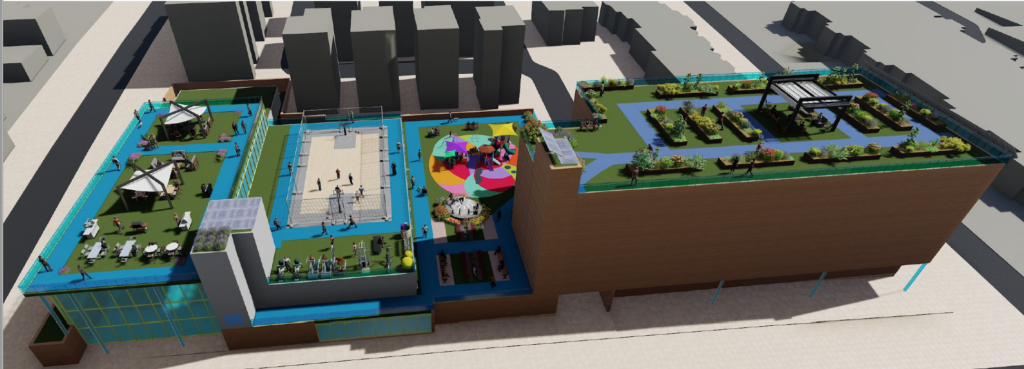
View of Goodwill Missionary Baptist Church’s rooftop recreation and garden spaces. Sanctuary is the glassed-in area on the left. Housing and commercial uses front Yesler Ave on the right. (Source: Goodwill Team, Nehemiah Studio of Autumn 2019)
Bishop Tyson also emphasized the close connection between the climate crisis and social justice. “The people who will be most dramatically affected by global warming are the poor and marginalized people of the world,” said Tyson. “In Matthew 25, we read that Jesus said, ‘When I was hungry you gave me something to eat, I was thirsty and you gave me something to drink, I was a stranger and you invited me in, I needed clothes and you clothed me, I was sick and you looked after me, I was in prison and you came to visit me.’ And when his disciples asked when they had done these things, Jesus said, ‘Truly I tell you, whatever you did for one of the least of these brothers and sisters of mine, you did for me.’ In the Nehemiah Initiative, we are designing our community to follow the explicit instructions of Jesus.”
The Nehemiah Studio began at the University’s College of Built Environments in the fall of 2019, with the generous support of the McKinley Futures Studio Fund, and has included dozens of students over three successive quarters. Instructors and students have come from diverse disciplines in the College, including urban design and planning, real estate, landscape architecture, and architecture. The students worked in teams on each of the development sites proposed for the Initiative, and then created graphic and verbal presentations for the clients, faculty, studio mentors, and guests.
Each team conducted a thorough and rigorous team-sourced contextual analysis for a specific, real-world development site, including the broader concerns and requirements of land use, zoning, transportation planning, and urban design guidelines. They conducted a market analysis for each site, a suitability/development analysis, and then presented final development recommendations including real estate, architectural, and urban design and planning concerns.
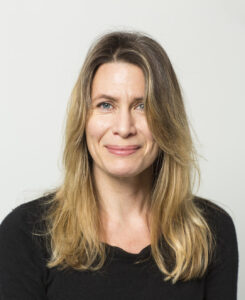
Rachel Berney, Nehemiah Studio coordinator and Assistant Professor, Urban Design and Planning, College of Built Environments, University of Washington
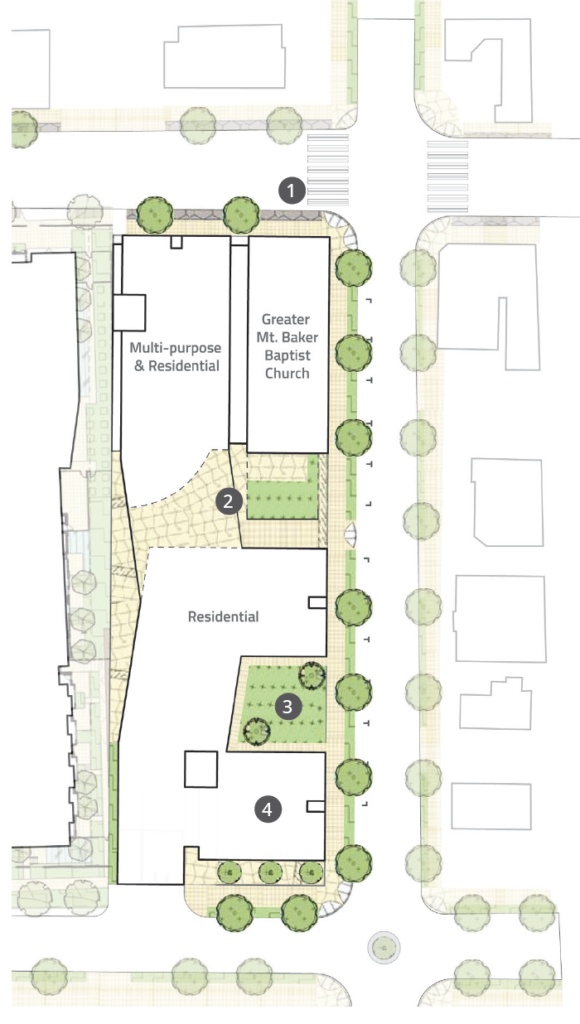
Plan view of the Greater Mt. Baker Baptist Church site design. (1) Church entry from Jackson St., (2) Church courtyard, (3) Courtyard for residents, (4) Green roof. (Source Mt. Baker Team)
Aaron Fairchild: “Today millions march for change and transformation, for justice, for equity, for the young, the old, for Black lives, for the left behind, marginalized and excluded; they march for humanity’s better version to bloom. Indeed, we are all linked by our common humanity and feel that we must do something. Our journey has been filled with learning how to navigate rapidly changing markets, learning what regenerating communities requires, learning how to cost effectively build the best-in-class housing that regenerative communities deserve.”
“The entire purpose of CEDCP is to bring to life our common dream of the Beloved Community,” said Dr. Jones. “Building this community means we have to develop awareness and practices that can create safe and supportive environments within organizations, and within neighborhoods and communities. We have to be able to measure the well-being of the entire ecosystem – its safety, health, wellness – its ability to thrive. That means designing buildings and community spaces that are low in both embodied carbon and operational carbon, while serving all the practical, economic, and spiritual needs of the community.”
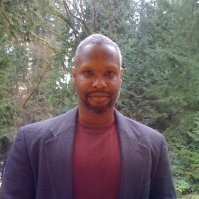
Dr. Mark R. Jones, Community Economic Development Conservancy Partnership (CEDCP)

